Matthew Calbraith Perry was an American naval officer. He helped establish initial diplomatic relations and trade between the US and Japan, which had been isolated from the rest of the world for more than 250 years.
Perry was born in South Kingstown, Rhode Island on April 10, 1794. He was the son of Commodore Christopher Raymond Perry and the younger brother of Commander Oliver Perry, famous for defeating the British at the Battle of Lake Erie in 1812. At 15, Perry joined the Navy as an apprentice seaman on his father’s frigate, Revenge. In 1821 he received his first command aboard the schooner “Shark.”
He was promoted to captain in 1837, and commodore four years later. Between 1843 and 1844 he led a naval expedition that scouted the African coast. He was entrusted with blocking slave trade, which the US and Britain had agreed to help end.
In 1846, he participated in the US war with Mexico, through which the two countries vied for control of Texas.
In March 1852, President Millard Fillmore dispatched Perry as a special emissary to Japan, which had been isolated from the outside world since the 17th Century. At the time, the country was run by a military dynasty that blocked all economic ties with the Christian West.
Perry set sail in 1852 with four vessels, the “Mississippi,” “Plymouth,” “Saratoga” and “Susquehanna.” On July 8, 1853 he entered Uraga, on Tokyo Bay. The black-hulled frigates and the smoke emitted by their steam engines led the Japanese to dub them the “Black Ships.”
Mixing diplomacy with veiled threats of attack, Perry convinced Japanese authorities to accept a letter from President Fillmore calling for a commercial treaty between the nations. He told them he would return the following year for their answer.
Perry returned to Japan in February 1854, this time with eight vessels. On March 31 he signed the Convention of Kanegawa, which gave the US entry into the ports of Hakodate and Shimoda. In the following years, Russia, Holland, Britain and France had joined the agreement.
Perry returned to the United States in 1855 and received a $20,000 cash prize for his breakthrough. He began writing a three-volume series about his experiences in the Far East.
A heavy drinker, he died in New York on March 4, 1858 of cirrhosis of the liver. He was 63.
Perry’s diplomacy, while motivated by commercial and political expansionism, nonetheless contributed to bringing Japan into the modern era. Soon after trade relations had been established, the shogunate collapsed and Japan began its evolution into one of the world’s key powers.
Perry was born in South Kingstown, Rhode Island on April 10, 1794. He was the son of Commodore Christopher Raymond Perry and the younger brother of Commander Oliver Perry, famous for defeating the British at the Battle of Lake Erie in 1812. At 15, Perry joined the Navy as an apprentice seaman on his father’s frigate, Revenge. In 1821 he received his first command aboard the schooner “Shark.”
He was promoted to captain in 1837, and commodore four years later. Between 1843 and 1844 he led a naval expedition that scouted the African coast. He was entrusted with blocking slave trade, which the US and Britain had agreed to help end.
In 1846, he participated in the US war with Mexico, through which the two countries vied for control of Texas.
In March 1852, President Millard Fillmore dispatched Perry as a special emissary to Japan, which had been isolated from the outside world since the 17th Century. At the time, the country was run by a military dynasty that blocked all economic ties with the Christian West.
Perry set sail in 1852 with four vessels, the “Mississippi,” “Plymouth,” “Saratoga” and “Susquehanna.” On July 8, 1853 he entered Uraga, on Tokyo Bay. The black-hulled frigates and the smoke emitted by their steam engines led the Japanese to dub them the “Black Ships.”
Mixing diplomacy with veiled threats of attack, Perry convinced Japanese authorities to accept a letter from President Fillmore calling for a commercial treaty between the nations. He told them he would return the following year for their answer.
Perry returned to Japan in February 1854, this time with eight vessels. On March 31 he signed the Convention of Kanegawa, which gave the US entry into the ports of Hakodate and Shimoda. In the following years, Russia, Holland, Britain and France had joined the agreement.
Perry returned to the United States in 1855 and received a $20,000 cash prize for his breakthrough. He began writing a three-volume series about his experiences in the Far East.
A heavy drinker, he died in New York on March 4, 1858 of cirrhosis of the liver. He was 63.
Perry’s diplomacy, while motivated by commercial and political expansionism, nonetheless contributed to bringing Japan into the modern era. Soon after trade relations had been established, the shogunate collapsed and Japan began its evolution into one of the world’s key powers.
RELATED
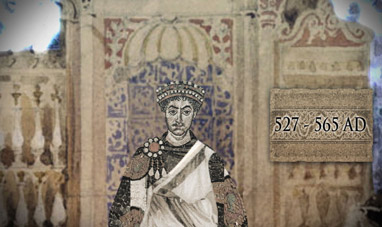

JUSTINIAN I


ENZO FERRARI
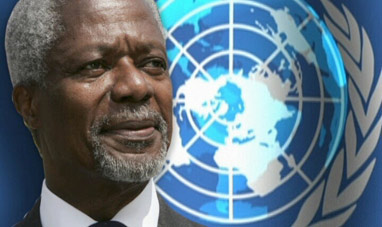

KOFI ANNAN
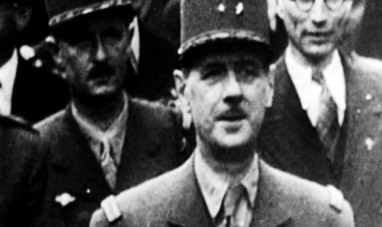

CHARLES DE GAULLE
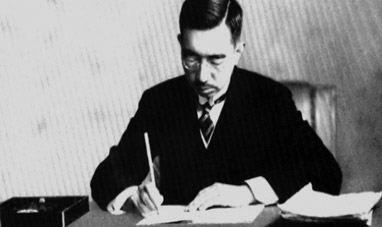

EMPEROR HIROHITO
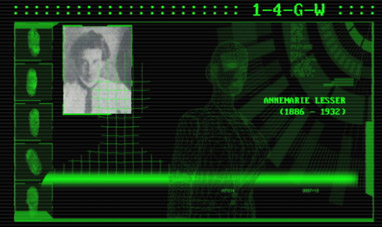

FRÄULEIN DOKTOR
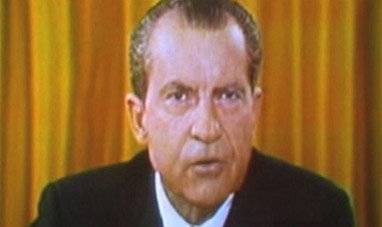

RICHARD NIXON
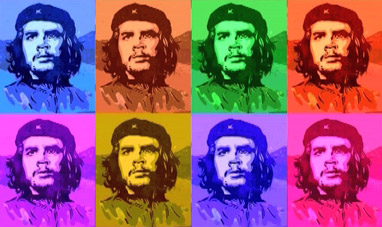

CHE GUEVARA
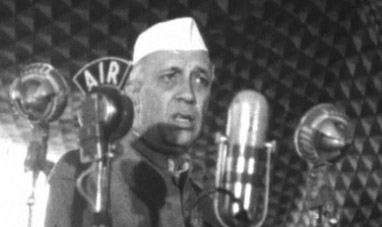

JAWAHARLAL NEHRU


THE COUNT-DUKE OF OLIVARES
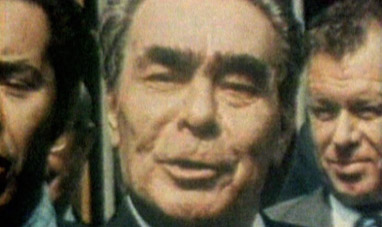

LEONID BREZHNEV
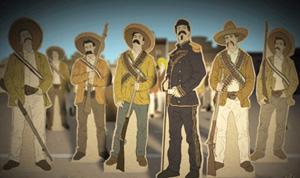

PORFIRIO DÍAZ
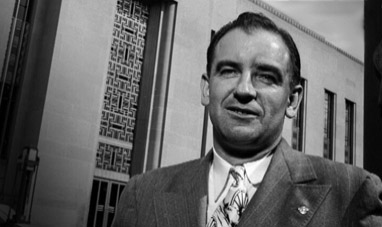

JOSEPH MCCARTHY
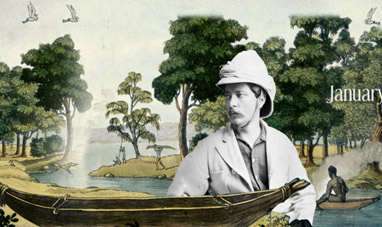

HENRY MORTON STANLEY
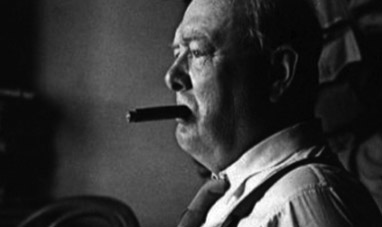

WINSTON CHURCHILL
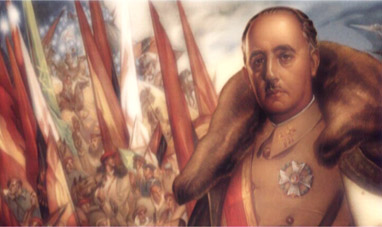

FRANCISCO FRANCO
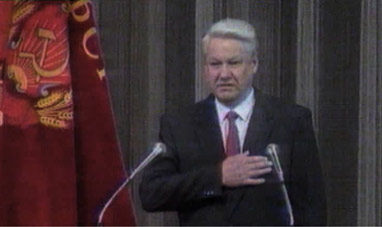

BORIS YELTSIN
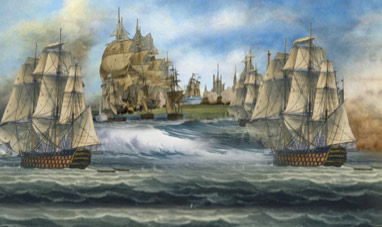

ZHENG HE
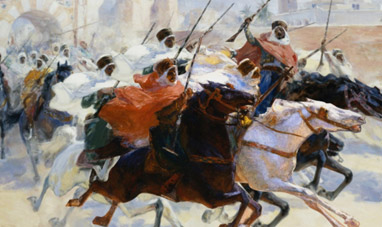

ABBAS I THE GREAT
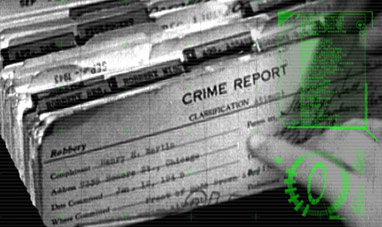

KIM PHILBY
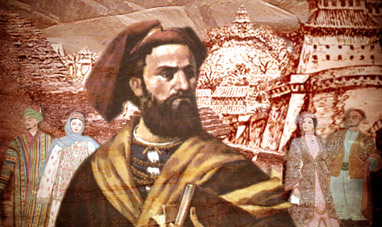

MARCO POLO


JAMES KEIR HARDIE
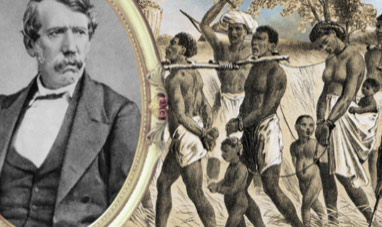

LIVINGSTONE, DAVID
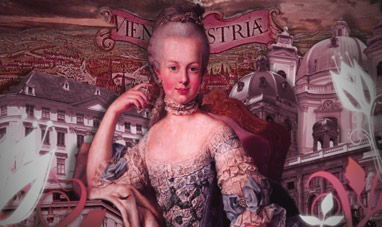

MARIE ANTOINETTE
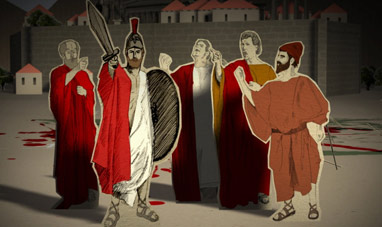

PERICLES
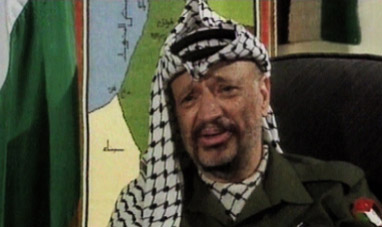

YASSER ARAFAT
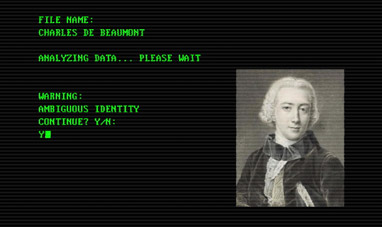

CHARLES DE BEAUMONT, CHEVALIER D'EON
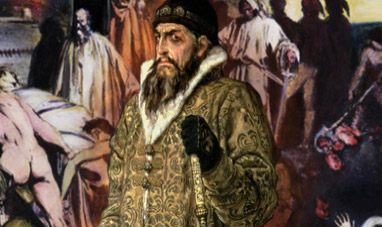

IVAN THE TERRIBLE
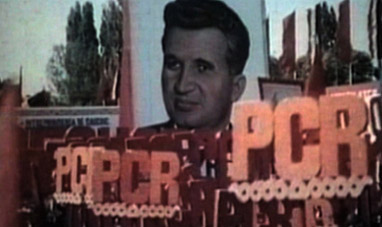

NICOLAE CEAUSESCU


RIVERS
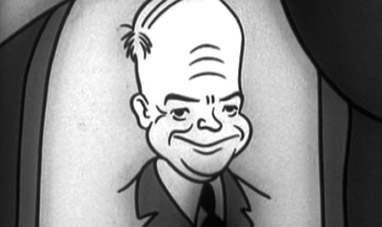

DWIGHT EISENHOWER
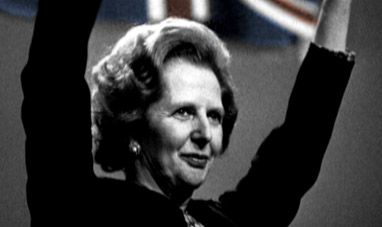

MARGARET THATCHER
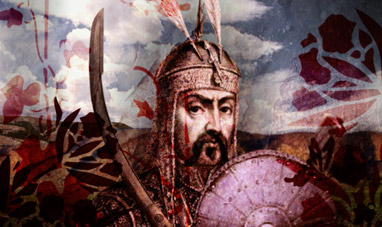

GENGHIS KHAN
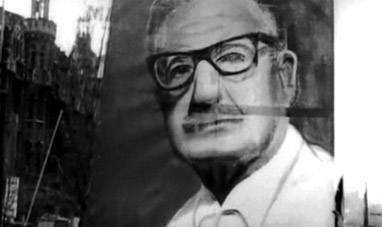

SALVADOR ALLENDE
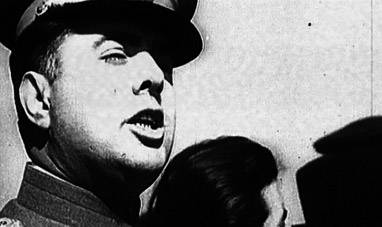

ENVER HOXHA
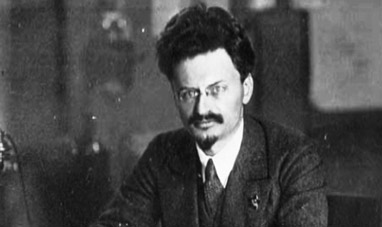

TROTSKY
